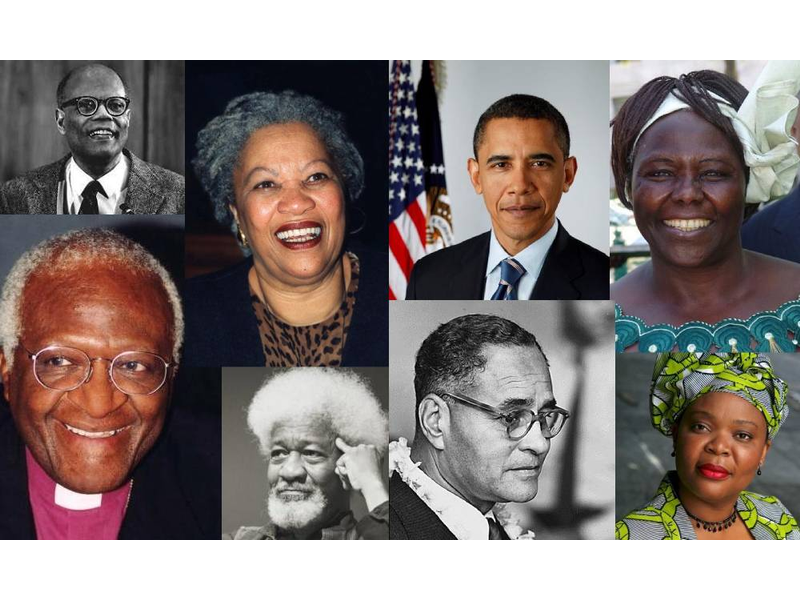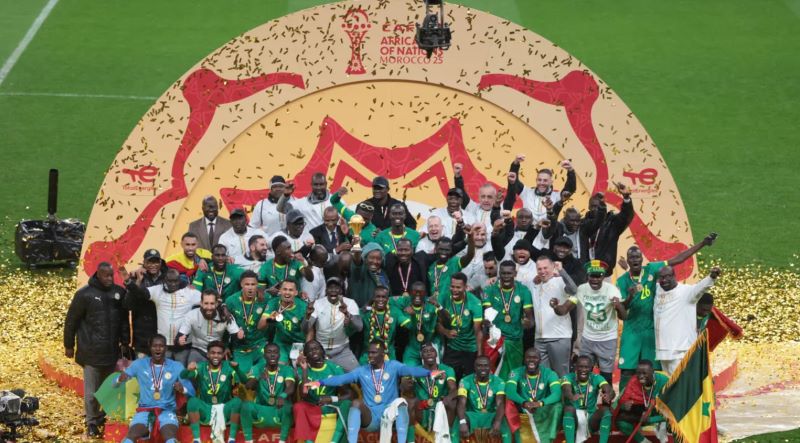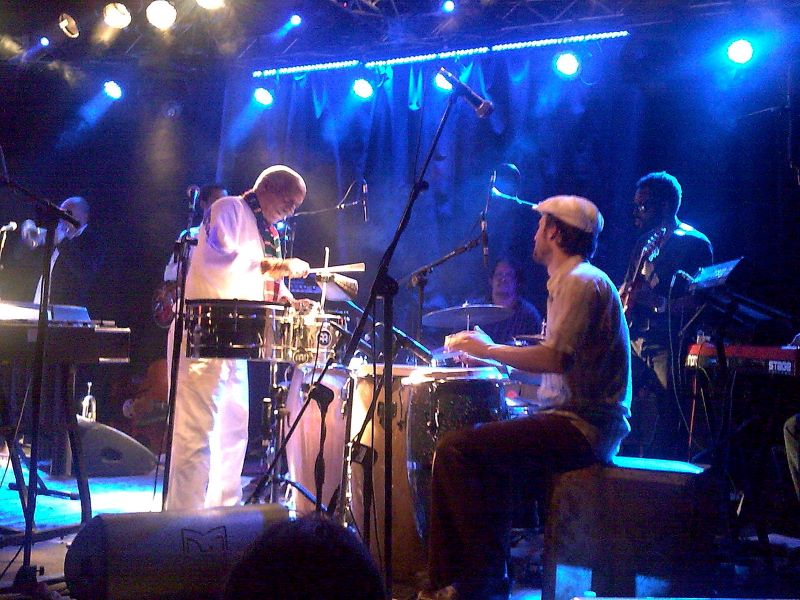The Nobel prize is a prestigious award that has been around for over a century. It is given to individuals who have made outstanding contributions in the fields of physics, chemistry, physiology or medicine, literature, and peace. In recent years, the award has also been given to economics, though this was not originally one of the categories. This list includes some of the most brilliant minds of our time, who have made significant contributions in their field and have helped change the world as we know it.
Albert Lutuli
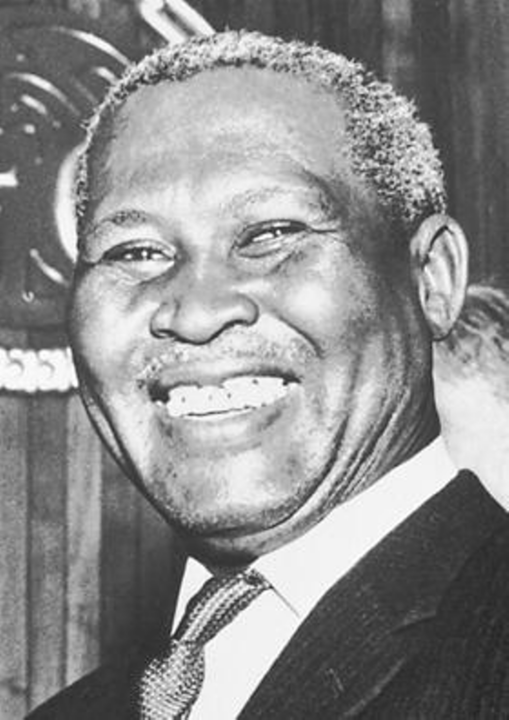
Albert Lutuli was a teacher and politician. He helped lead the African National Congress, which was an organization focused on peacefully fighting against apartheid. Albert was awarded the Nobel Peace Prize in 1960 for his powerful leadership.
Muhammad Anwar al-Sadat
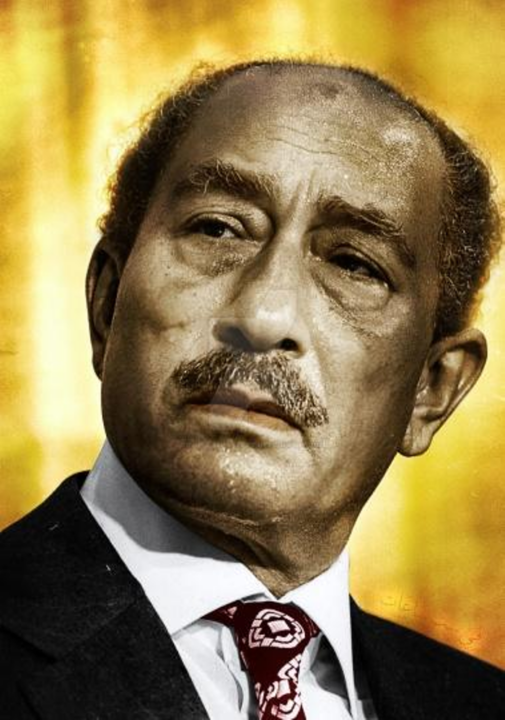
Muhammad Anwar al-Sadat served as Egypt’s third president from 1970 until he was assassinated by members of the fundamentalist military on 6th October 1981. During his eleven years in office, Sadat made sweeping changes to Egypt; abandoning some of Nasserism’s principles such as single-party rule and state involvement in the economy while re-instituting the multi-party system, launching the Infitah economic policy, organizing progressive labor laws and making peace with Israel.
The Nobel Peace Prize 1978 was awarded jointly to Mohamed Anwar al-Sadat and Menachem Begin “for jointly having negotiated peace between Egypt and Israel in 1978.”
William Arthur Lewis

For more than 60 years, William Arthur Lewis was best known for his work in the field of economic development. In 1979 he won the Nobel Memorial Prize in Economic Sciences and became the first Black person to win a Nobel Prize in any category other than peace.
Barack Obama
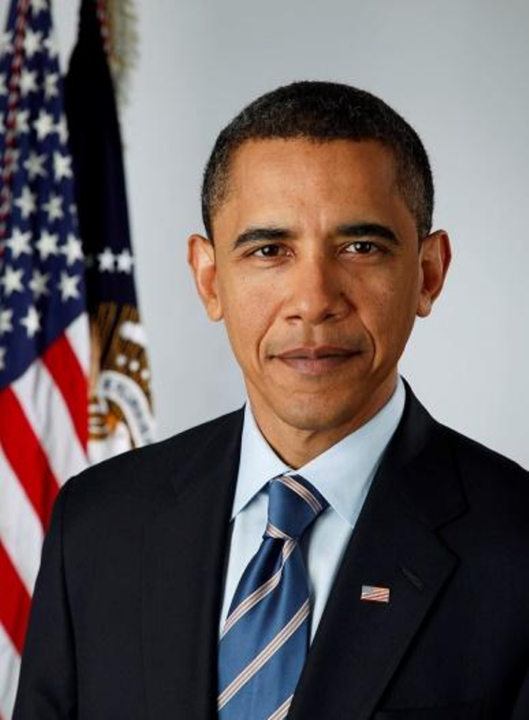
The 2009 Nobel Prize of Peace was awarded to President Barack Obama for his contributions in international diplomacy and cooperation.
Toni Morrison
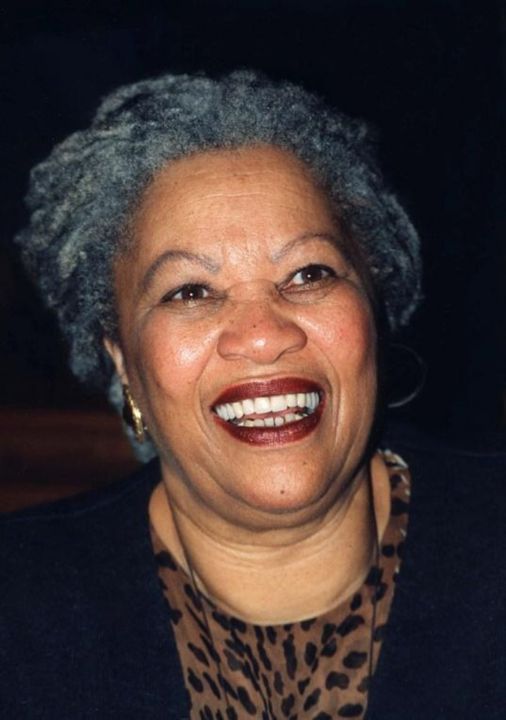
Toni Morrison is an American novelist, essayist, editor, teacher, and professor emeritus at Princeton University. She has won the Pulitzer Prize and the American Book Award, and she was awarded the Nobel Prize in Literature in 1993. Morrison is known for her novels about African-American experience, such as, The Bluest Eye, Sula, Beloved and Jazz.
Desmond Tutu
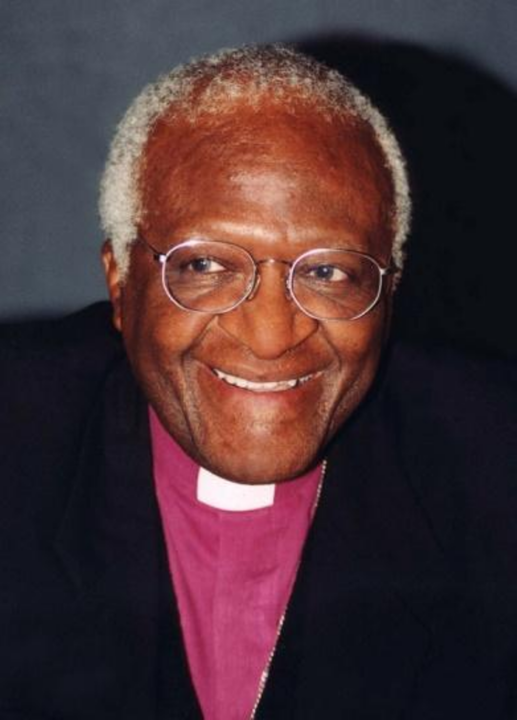
Desmond Tutu is one of the most famous South African activists, who rose to fame during the 1980s as an opponent of apartheid. He was the first Black Archbishop, and primate of the Church of the Province of Southern Africa (now known as the Anglican Church of Southern Africa).
Desmond Tutu received the Nobel Prize because his consistent advocacy and dedication helped end apartheid in South Africa. He is regarded by the Nobel Committee as being a symbol for all freedom fighters, who seeks to achieve peace through nonviolent activism. The world’s focus has again been directed towards life-giving activism for peaceful change.
Wangari Muta Mary Jo Maathai
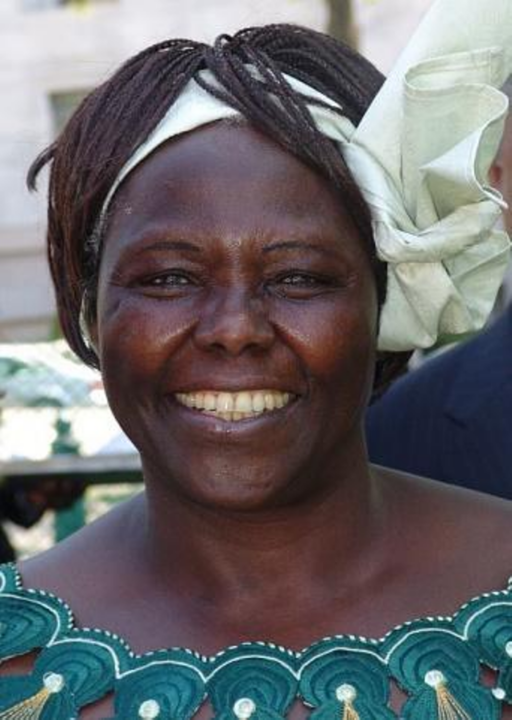
Wangari Muta Mary Jo Maathai was an environmental and political activist born in Kenya. After receiving formal education in the United States as well as in her native Kenya, she founded the Green Belt Movement, a non-governmental organization focused on environmental conservation and women’s rights. She was awarded the Right Livelihood Award in 2004 and later received the Nobel Prize for Peace in recognition of her many efforts to leave a sustainable environment for future generations. Maathai died of complications from cancer in 2011.
Ralph Bunche
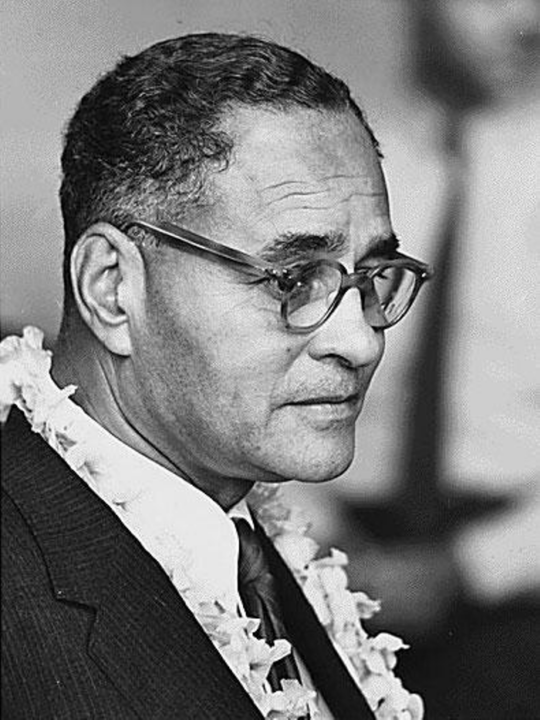
Ralph Bunche was an American political scientist and diplomat. He was the first African American to be awarded the Nobel Peace Prize, which he received in 1950 for his mediation efforts in the Arab-Israeli conflict.
Martin Luther King, Jr
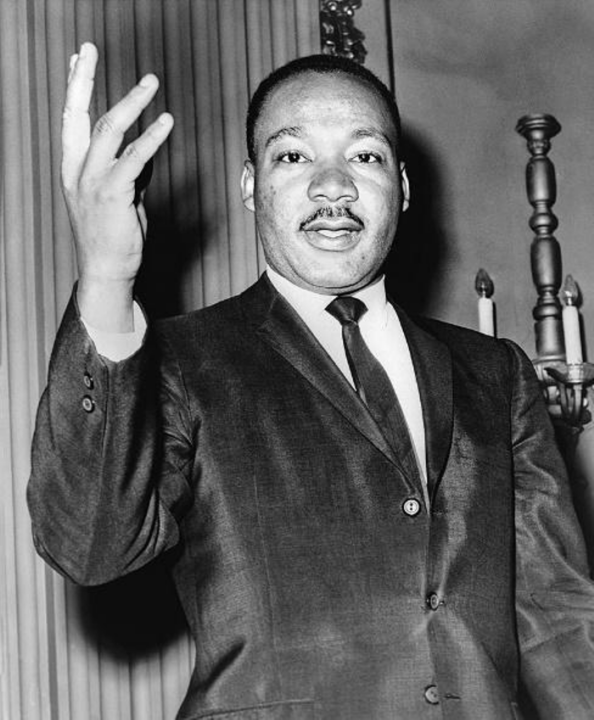
Martin Luther King, Jr. is one of the most well-known and respected Black people to have ever won the Nobel prize. He was an American civil rights leader who fought for equality and justice for all people, regardless of race. He gave his famous “I Have a Dream” speech in 1963, which is widely considered to be one of the most influential speeches of all time. In 1964, he became the youngest person to ever receive the Nobel Peace Prize, and he is still revered as one of the most important figures in American history.
Nelson Mandela
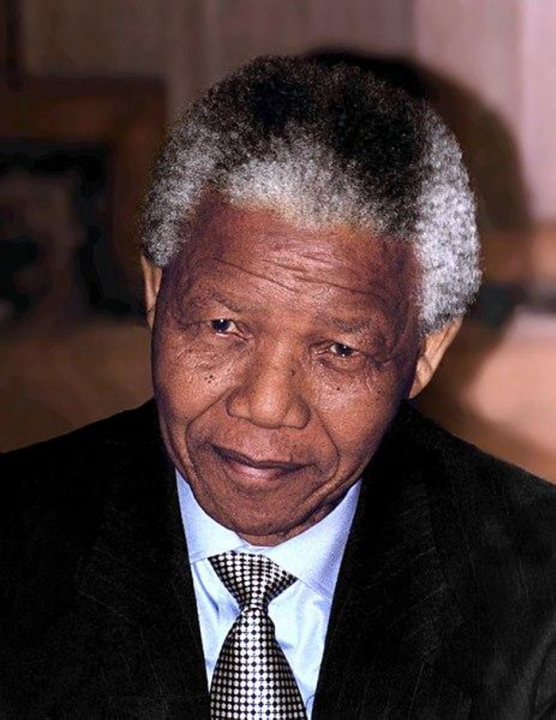
Nelson Mandela is one of the most revered and respected leaders in the world. He spent his life fighting for equality and justice, and was finally recognized with the Nobel Peace Prize in 1993. Mandela’s work has inspired millions, and he remains an icon of hope and progress.
Wole Soyinka

Wole Soyinka was the first Black person to win the Nobel Prize for Literature, and is widely considered one of the greatest living writers. He was born in Nigeria in 1934, and his plays and novels often deal with the political and social turmoil of his country. His work has been banned by several Nigerian governments, and he has been imprisoned several times. In 1986, he was awarded the Nobel Prize for Literature “for his plays and prose works, which embody an unyielding commitment to freedom of expression.”
Derek Walcott

Derek Walcott was born in 1930 in Castries, Saint Lucia. He is a Black man who has won the Nobel prize for literature. Walcott’s parents were both of mixed African and European descent. His father worked as a minor civil servant while his mother was a homemaker. Derek Walcott was educated at the local Methodist school and then at St. Mary’s College. After graduating from high school, he attended the University of the West Indies on a scholarship.
Walcott’s career began with his first book of poems, In A Green Night, which was published in 1962. Since then, he has published numerous books of poetry, plays, and essays. In 1983, he was awarded the Nobel Prize in Literature “for a poetic oeuvre of great luminosity, sustained by sensuous images and musicality of language.”
In addition to his literary work, Derek Walcott has also been active in the world of theater. He founded the Trinidad Theatre Workshop in 1959 and has directed several of its productions. He has also directed plays for other companies, including the Royal Shakespeare Company and the National Theatre in London.
Kofi Annan
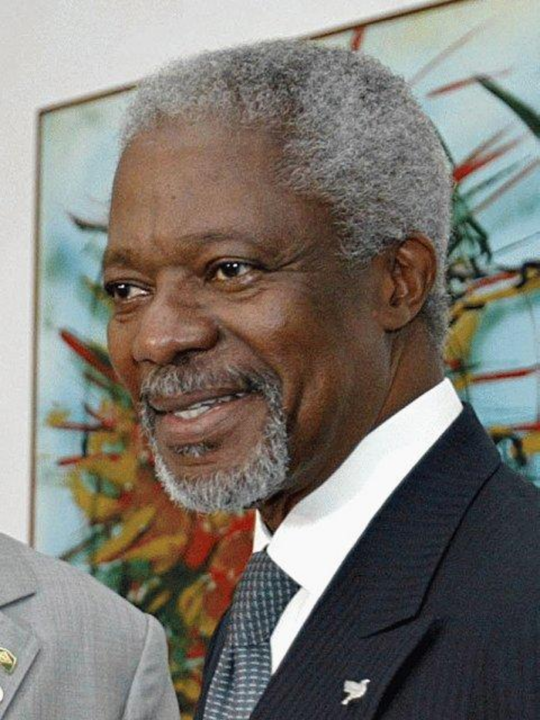
Kofi Annan was born in Ghana in 1938. He studied at the University of Ghana, the Massachusetts Institute of Technology, and Harvard University. He was the Secretary-General of the United Nations from 1997 to 2006. Annan was awarded the Nobel Peace Prize in 2001 for his work to bring peace to the world.
Ellen Johnson Sirleaf
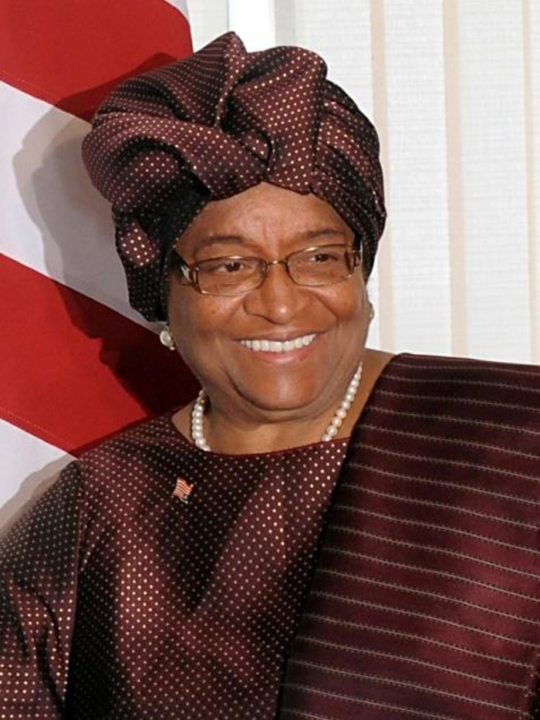
Ellen Johnson Sirleaf is the 24th and President of Liberia. She was Minister of Finance under President William Tolbert from 1979 until the 1980 coup d’état, after which she left Liberia and held senior positions at various financial institutions. Later in 1997, she placed a very distant second in the presidential election. Ellen Johnson Sirleaf was one of three recipients of the 2011 Nobel Prize for Peace for her efforts to further women’s rights.
Leymah Gbowee

Leymah Gbowee helped to bring an end to the Second Liberian Civil War, a conflict which left more than 250,000 dead and many more injured or displaced. Her peace activism led to the election of Ellen Johnson Sirleaf in 2003, the first female president in Africa. Along with Ellen Johnson Sirleaf and Tawakkul Karman, Gbowee was awarded the Nobel Peace Prize in 2011 “for her non-violent struggle for women’s rights”.
Abdulrazak Gurnah

Gurnah was awarded the 2021 Nobel Prize for Literature “for his uncompromising and compassionate penetration of the effects of colonialism and the fates of the refugee in the gulf between cultures and continents”. He is Emeritus Professor of English and Postcolonial Literatures (among other subjects) at the University of Kent.

Minna Davies is a creative writer and a thespian with a degree in theatre arts from the University of Lagos. He has been privileged to have some of his works featured on Nigeria’s big stages. It is important to dream, but if no one gets to see it, it is as good as dead.

